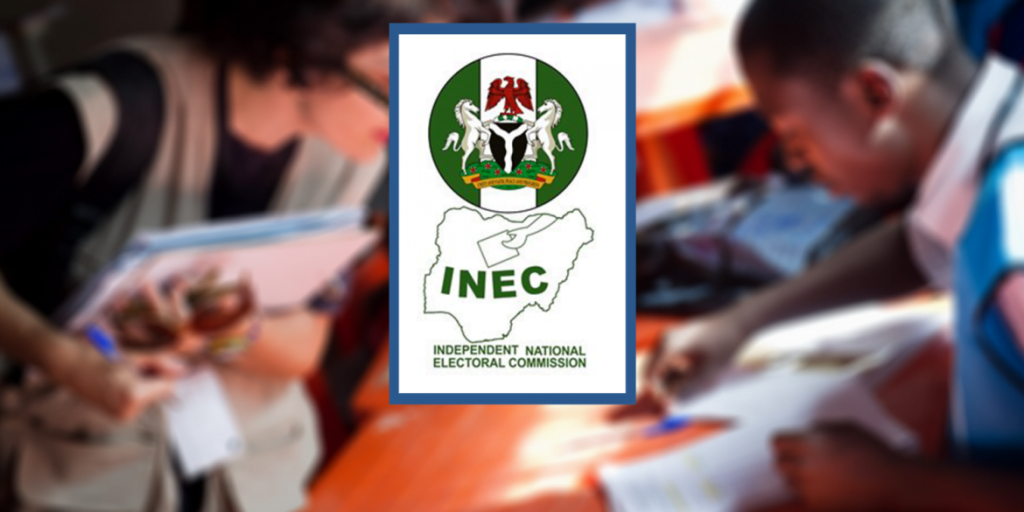The Independent National Electoral Commission (INEC) and the National Bureau of Statistics (NBS) embarked on a groundbreaking partnership, signifying a crucial step towards leveraging data sharing and public infrastructure for national development. This collaborative effort, initiated through a meeting between the heads of both institutions, aims to harness the strengths of each organization – INEC’s extensive database of Nigerian citizens and its widespread logistical network, and the NBS’s expertise in data collection and analysis – to contribute to a more comprehensive understanding of the nation’s socio-political landscape and facilitate more effective governance. The partnership represents a commitment by both institutions to move beyond their primary mandates and contribute to broader national development goals.
The meeting, marked by a spirit of mutual respect and recognition of shared objectives, saw INEC Chairman, Professor Mahmood Yakubu, commending the NBS for its role in managing the nation’s largest official database. He highlighted the importance of INEC’s own database, containing information on millions of registered voters, emphasizing its legal protection under the National Data Protection Act and its exclusive use for electoral purposes. This acknowledgement of data privacy and security underscores the responsible approach both institutions are taking towards data management, especially in the context of this newly forged partnership. Professor Yakubu further emphasized the potential of INEC’s logistical infrastructure, including vehicles and facilities, to be utilized for national initiatives beyond elections, citing the commission’s contribution during the COVID-19 pandemic as a successful example of such inter-agency collaboration.
A key focus of the partnership is the improvement of public infrastructure, specifically focusing on the condition of primary and secondary schools that serve as polling units during elections. Professor Yakubu highlighted the frequently inadequate conditions of these facilities, often lacking basic amenities such as electricity, water, and accessibility features for persons with disabilities. These shortcomings impact not only the smooth conduct of elections but also the daily learning environment for students. By integrating data on the state of these facilities into the NBS’s national surveys, the partnership aims to create a more comprehensive picture of infrastructural deficits and inform policy interventions for improvement. This data-driven approach will not only enhance the electoral process but also contribute to the overall betterment of the educational environment for Nigerian children.
INEC’s proactive approach to this collaboration is evident in its offer to share resources such as the Atlas of Electoral Constituencies and the Electoral Facilities Locator with the NBS. These tools, readily accessible on INEC’s website, provide detailed information about the location and characteristics of polling units across the country, facilitating a more efficient and targeted assessment of the facilities. This willingness to share data and resources underscores INEC’s commitment to transparency and its recognition of the synergistic potential of this partnership. The collaboration aims to move beyond simply identifying infrastructure gaps to proactively addressing them, thereby benefiting both the electoral process and the wider community.
The Statistician-General of the Federation, Adeyemi Adeniran, echoed the enthusiasm for the partnership, emphasizing the crucial role of both institutions in strengthening governance through accurate data and reliable electoral processes. He highlighted the importance of administrative data, such as that collected by INEC, in achieving the Sustainable Development Goals (SDGs). Recognizing that surveys alone cannot provide a complete picture of national progress, Adeniran stressed the need to leverage the routinely collected data from administrative sources like INEC to create a more dynamic and real-time understanding of the country’s development trajectory. This strategic use of existing data streams promises to significantly enhance the nation’s capacity to monitor and achieve its development objectives.
A concrete outcome of the meeting was the plan to integrate INEC into the Integrated System of Administrative Services (ISAS), a digital platform that facilitates real-time data sharing among various Ministries, Departments, and Agencies (MDAs). This integration will enable seamless data exchange between INEC and other government agencies, fostering a more coordinated and efficient approach to national development planning and implementation. By connecting INEC to this digital ecosystem, the partnership aims to maximize the utility of electoral data beyond its traditional electoral function, contributing to a more data-driven and holistic approach to governance. This strengthened data infrastructure will not only benefit the two partnering institutions but also contribute to more evidence-based policymaking across the government, ultimately benefiting the entire nation.














